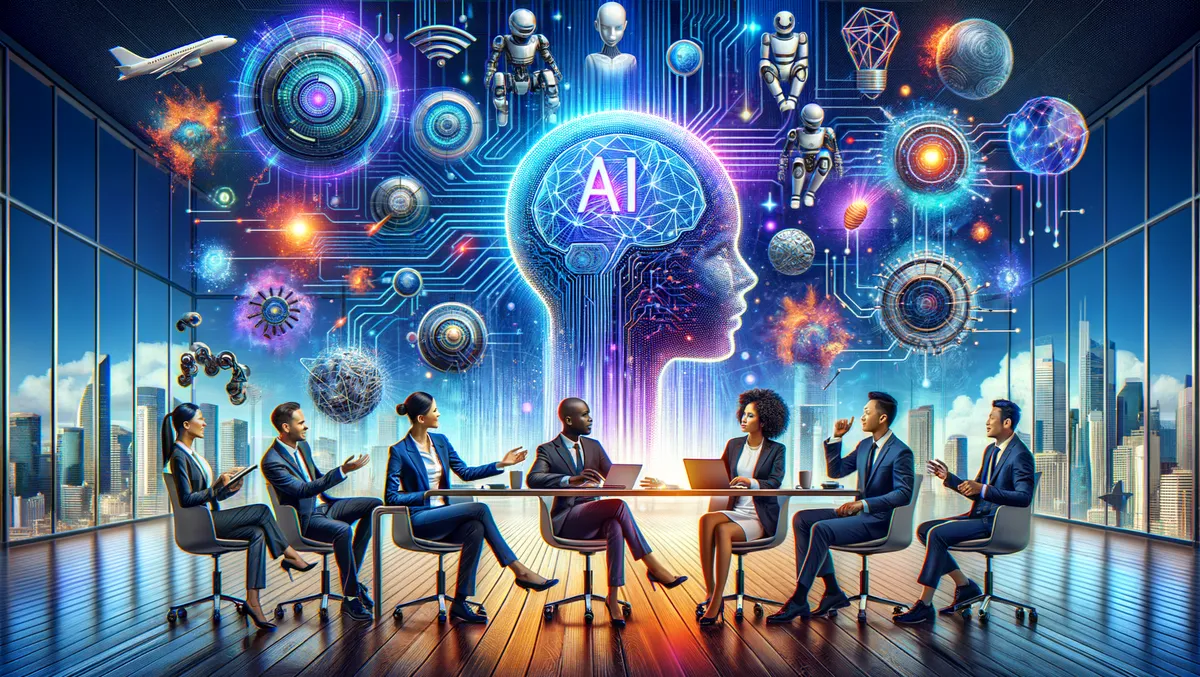
Introduction to Artificial Intelligence (AI)
Artificial Intelligence (AI) is a branch of computer science focused on building smart machines capable of performing tasks that typically require human intelligence. These tasks include reasoning, learning, problem-solving, understanding language, and perception.
Key Points:
Goal of AI: To create systems that can function intelligently and independently.
Core Areas: Learning, reasoning, problem-solving, perception, and language understanding.
Inspiration: AI is inspired by how the human brain processes information and makes decisions.
History Highlights:
1956: The term "Artificial Intelligence" was coined at the Dartmouth Conference.
Early AI: Focused on logic, rules, and symbolic reasoning.
Modern AI: Uses data-driven approaches like machine learning and deep learning.
Why AI is Important:
Automates repetitive tasks.
Enhances decision-making.
Powers technologies like voice assistants, self-driving cars, and medical diagnosis systems.
Examples of AI in Daily Life:
Google Search
Siri or Alexa
Netflix recommendations
Chatbots and customer service AI
- Teacher: Admin User